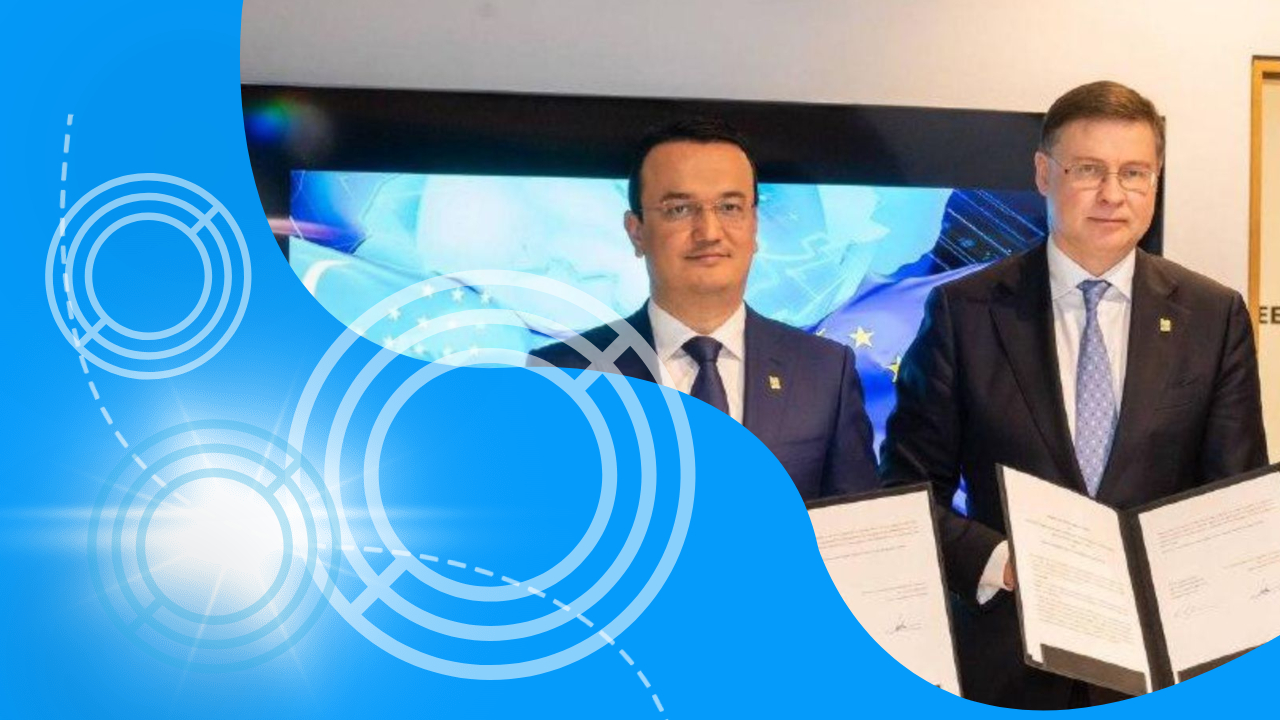The MoU, inked by European Commission Executive Vice-President Valdis Dombrovskis and Uzbekistan’s Minister of Investment, Industry, and Trade Laziz Kudratov, underscores a mutual commitment to bolster cooperation in the realm of CRMs.
The strategic partnership delineates several key areas of collaboration:
- Integration of Sustainable CRM Value Chains: This entails networking, project proposal selection, joint project development, and trade and investment facilitation along the entire value chain.
- Enhancing Resilience of CRM Supply Chains: Both parties will engage in dialogue to bolster transparency regarding investments, operations, and exports.
- Mobilization of Funding: Efforts will be directed towards funding projects arising from the partnership, alongside the development of necessary infrastructure, such as clean energy supply.
- Promoting Sustainable and Responsible Production: The partnership aims to ensure sustainable and ethical production and sourcing of CRMs.
- Research and Innovation Collaboration: Both entities will share knowledge and technologies related to sustainable exploration, extraction, processing, and recycling of CRMs.
- Capacity Building: Cooperation will extend to enforcing relevant rules, alongside training and skill development initiatives.
Moving forward, subsequent to the MoU’s endorsement, the EU and Uzbekistan will collaboratively formulate an operational roadmap comprising concrete implementation actions.
It will be important to improve the resilience of CRM supply chains and establish a dialogue to enhance the transparency of measures related to investments, operations and exports. Funding needs to be mobilised for projects resulting from the EU-Uzbekistan partnership and for the development of infrastructure, such as the development of clean energy supply.
Next steps include agreeing on an operational roadmap with concrete steps towards its implementation, as part of the EU’s commitment to establishing mutually beneficial CRM value chain partnerships with resource-rich countries. Uzbekistan has the second-largest reserves of CRMs in Central Asia, boasting significant deposits of various minerals such as copper, molybdenum, and gold. The country’s mining strategy aligns with its ambitions to increase the processing of CRMs for both domestic and international industries, particularly in automotive and consumer electronics.
In a broader context, this partnership resonates with the objectives articulated in the 2020 Action Plan for Critical Raw Materials and the EU’s external energy engagement strategy. It underscores the EU’s commitment to fostering mutually beneficial CRM value chain partnerships with resource-endowed nations.
Uzbekistan, boasting the second-largest reserves of CRMs in Central Asia, possesses important deposits of minerals such as copper, molybdenum, and gold. The country’s mining strategy aligns with its aspirations to enhance CRM processing for both domestic utilization and international industries, notably the automotive and consumer electronics sectors.
This strategic alliance aligns seamlessly with the EU’s Global Gateway strategy, a flagship initiative earmarked for sustainable and high-quality investments worldwide. The strategy aims to address the needs of partner countries, ensuring enduring benefits for local communities. As part of this initiative, the EU aims to mobilize up to €300bn in investments by 2027.
The EU has already forged raw materials partnerships with several nations, including Canada, Ukraine, Kazakhstan, Namibia, Chile, Argentina, Zambia, the Democratic Republic of Congo, and the Autonomous Territory of Greenland, underscoring its proactive approach to securing critical resources and fostering global partnerships.
Photo © EUROPEAN COMMISSION

